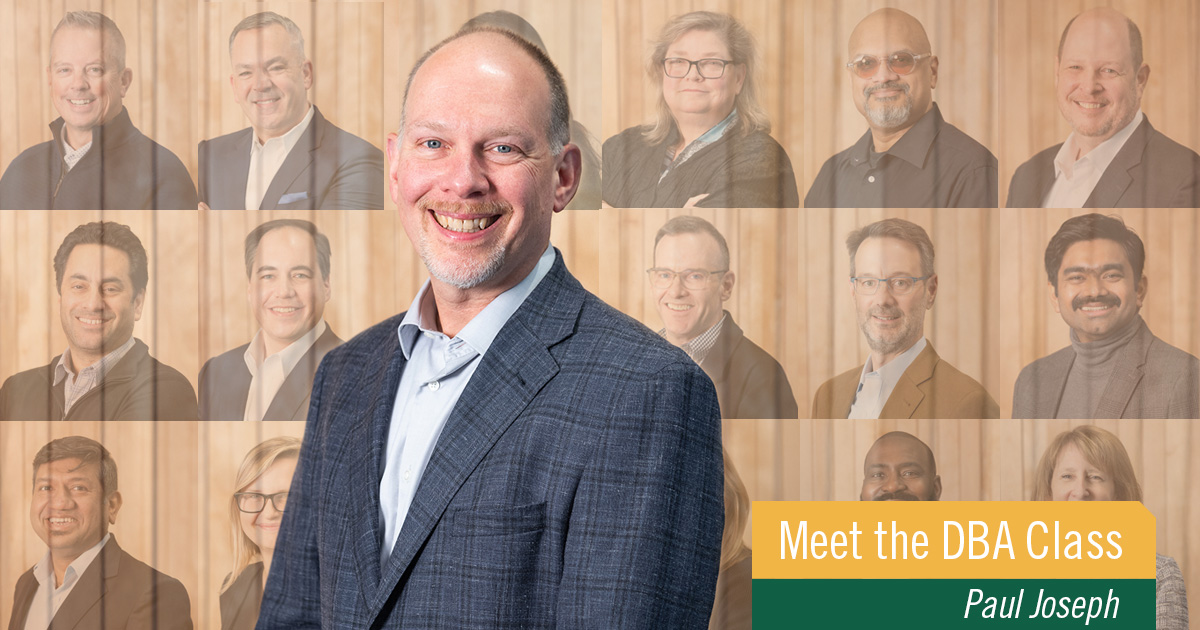Forget Fear of Failure: 3 Ways to Take the “F” Word Out of Your Vocabulary

After careful consideration, I’ve come to a liberating conclusion: Let’s drop the words “failure” or “fail” from conversations about entrepreneurship.
The simple reason is that these terms subtly focus our minds and efforts on the wrong direction. Rather, let’s talk about mini experiments and feedback. Or even trial and error in an ongoing emotional process. What’s needed is a positive mindset that was perhaps best expressed by Thomas Edison’s famous aphorism: “I have not failed. I’ve just found 10,000 ways that won’t work.”
Let me share my story of discovery. It began when I was new to the field of entrepreneurship education, though experienced in entrepreneurship. Right from the start, I had a strong resistance to discussing failure in the classroom. Why, I asked myself, do so many people want to reference “failure” as if it were some kind of goal?
I came up with three main reasons for this word usage, all understandable, and based on a faulty interpretation of the truism that we learn from failure:
- Failure is thus discussed in order to spur entrepreneurs to action (i.e., the famous line “fail fast!”).
- It helps frame the emotional journey of entrepreneurs (i.e., “fear of failure!”).
- Its use defines what not to do (presumably making a positive out of a negative, especially if you fail fast and try again).
But, while all of these—action orientation, emotional triggers, and challenges, and learning from others—made sense I was still resisting. I shifted gears by thinking of failure within the context of the entrepreneurial mindset. My definition of which is: “approach and response to experience.” Around the same time, I also started reading and reflecting on the impact of language on our mindsets, which is profound. Out of this convergence came my answer:
If conversations with students and entrepreneurs are anchored around the words “failure” and “fail,” the inevitable result is a failure-oriented mindset. Indeed, it subconsciously becomes the entrepreneur’s guide and expectation.
This is more than a case of semantics. What we tell ourselves is close to becoming our destiny. Now, the second definition of “change” is “substitution,” and that’s why I determined I would “get the F-word out of entrepreneurship” by making the following word changes.
Forget Failing Fast
Try this instead: Life is a series of mini experiments. Effective entrepreneurs move quickly to drive multiple mini experiments. They look at the results of those experiments as feedback, assess whether they had the outcomes they desired, learn, and adjust, and then quickly run another mini experiment.” This new language speaks directly to what the mindset of entrepreneurs ought to be—an approach that is experiment- and action-oriented, linked to response as feedback, assessment, and learning.
Stop Saying Fear of Failure
Here’s your alternative: “Entrepreneurship is a human story. It’s about quitting your job, going after your dreams, and experiencing the full spectrum of emotion—fear, glee, sadness, discouragement, and elation. Let’s discuss emotion and its impact on our ability to navigate the entrepreneurial journey.” This new language lasers in on the key message: human narratives and feelings.
Don’t Say “Entrepreneurs who have Failed”
Put it this way: “Let’s take a look at the mindsets (approaches and responses) of other entrepreneurs as a case study. For example, let’s look at Webvan …” Instead of cautionary tales, this language directs our focus to how other entrepreneurs have approached and responded to experiences—both with expected and unexpected results.
Talking about failure as part of the conversation about entrepreneurship doesn’t really work pedagogically or practically. Indeed, when I discuss failure in the classroom or with fellow entrepreneurs I am professing a mindset of failure. My approach and response to experience needs to include failure, or is failure-oriented. That’s not what I want.
What I do want is to create powerful mindsets with students and entrepreneurs, instilling language and conversation that speaks directly to critical approaches and responses for entrepreneurs. Those being: “miniexperiments, outcomes, feedback, emotion, and learning.”
Try it on, change the conversation, and get the F-word out of entrepreneurship.
Posted in Insights



